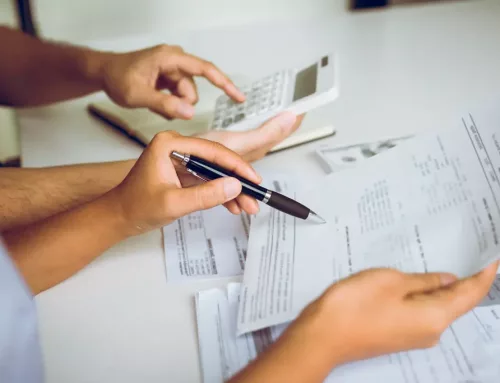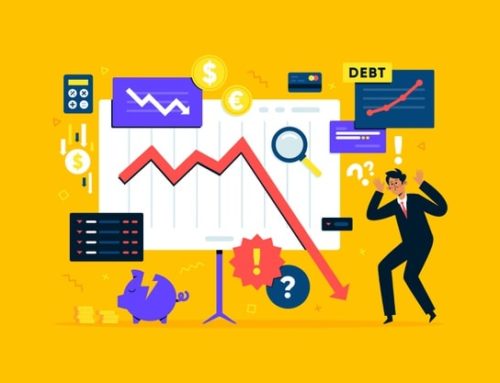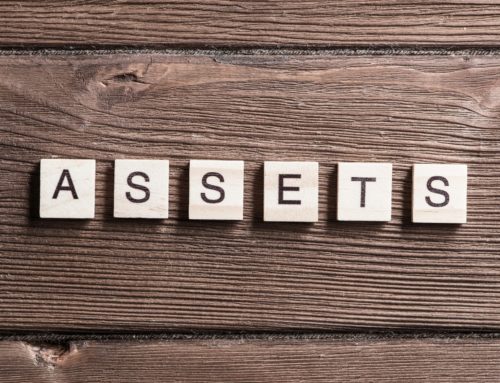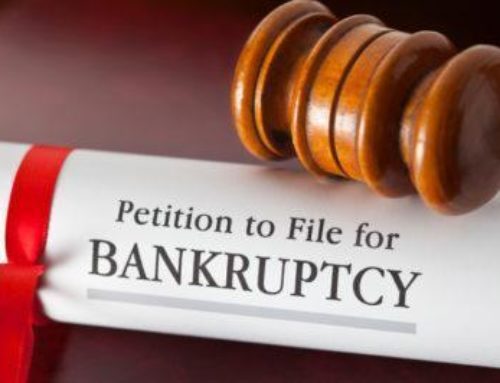HOW CREDITORS ARE NOTIFIED
After you sign your petition, your case will be sent to the Bankruptcy Court for filing. After the Court receives it, the Court will prepare and mail you a notice which confirms the filing and schedules the meeting of creditors in your case. At the same time, the Court will send this notice to each of your creditors. This usually takes between ten days and three weeks. Once the creditor receives the notice, the creditor is supposed to stop sending bills, stop calling, and stop trying to collect money.
CREDITOR CALLS:
After your case is filed, to make sure the creditor has notice of the bankruptcy, you should tell each creditor who calls me that you have filed bankruptcy and the bankruptcy case number (located on the Court notice, or available from your attorney). Once you tell a creditor these things, it is unlawful for the creditor to call. Giving notice to the creditor over the telephone is just as binding under the law as the written notice sent by the Court. If you continue to receive calls from a creditor, you should then bring the matter to the attention of your attorney.
CREDITOR BILLS:
If you receive more than one bill from a creditor after you file, you should make on the second bill, “I have filed for bankruptcy,” and “it is illegal for you to continue billing me.” You should then mail back the bill to the creditor at the same address listed.
Important: If you ever lose collateral to one of these creditors due to non-payment or otherwise, you are still protected by the bankruptcy. Unless you signed a Reaffirmation Agreement during the bankruptcy, the only thing the creditor gets is the money it receives from selling the collateral and nothing more.
INSURANCE
If you are keeping a home, mobile home, or car, on which you still owe money, you must keep the property properly insured. You must also keep the creditor to whom you owe such money informed and up-to-date regarding insurance coverage. If you do not keep such property insured, the creditor can take steps to take the property.
PAYROLL DEDUCTION
If you are paying any loans by payroll deduction or automatic deductions from a bank account, you need to read this information carefully. Usually, this only applies to credit union loans, but it can apply to other types of loans as well.
After you file bankruptcy, any lender collecting payments using a payroll deduction is supposed to stop taking the money out of your paycheck. Sometimes, however, they stop forget to stop the deduction. When they do remember, it usually takes about a month for them to get the deductions stopped. You must keep an eye on your paycheck stub: If any money is taken our of your pay after the case is filed, you should contact the lender immediately to make sure they have taken steps to stop the deduction.
In addition, the lender must refund any money it has collected since the date the case was filed with the Bankruptcy Court. In the meantime, if you have informed your attorney of the automatic deduction, as soon as your attorney receives proof from the Bankruptcy Court that the case has been filed, the attorney’s office will send out a letter telling the lender that you have filed and reminding them of their duty to stop all payroll deductions.
If you want to continue making payments by payroll deduction on one or more of the secured loans that you intend to keep up-to-date—for instance, on a house or car loan—you will need to start up a new payroll deduction with the lender.
If you are making payments by automatic deductions from your bank account, you must notify the bank in writing to stop those payments, unless you want the payments to continue because the debt is one which you must continue to pay.











